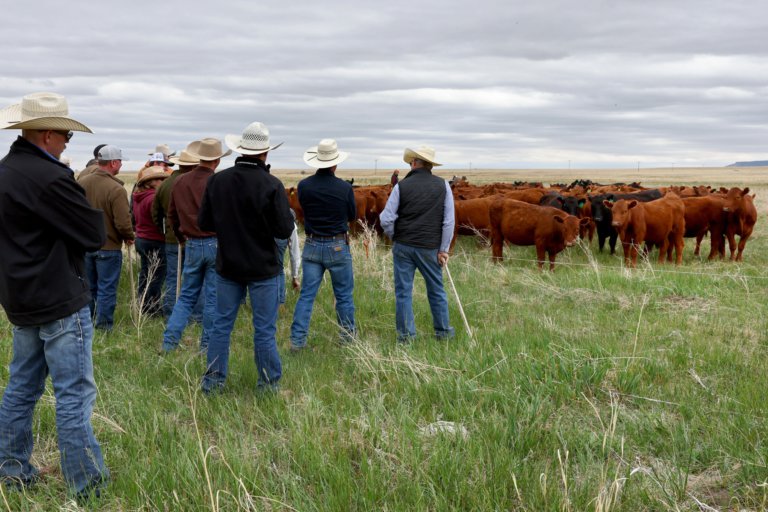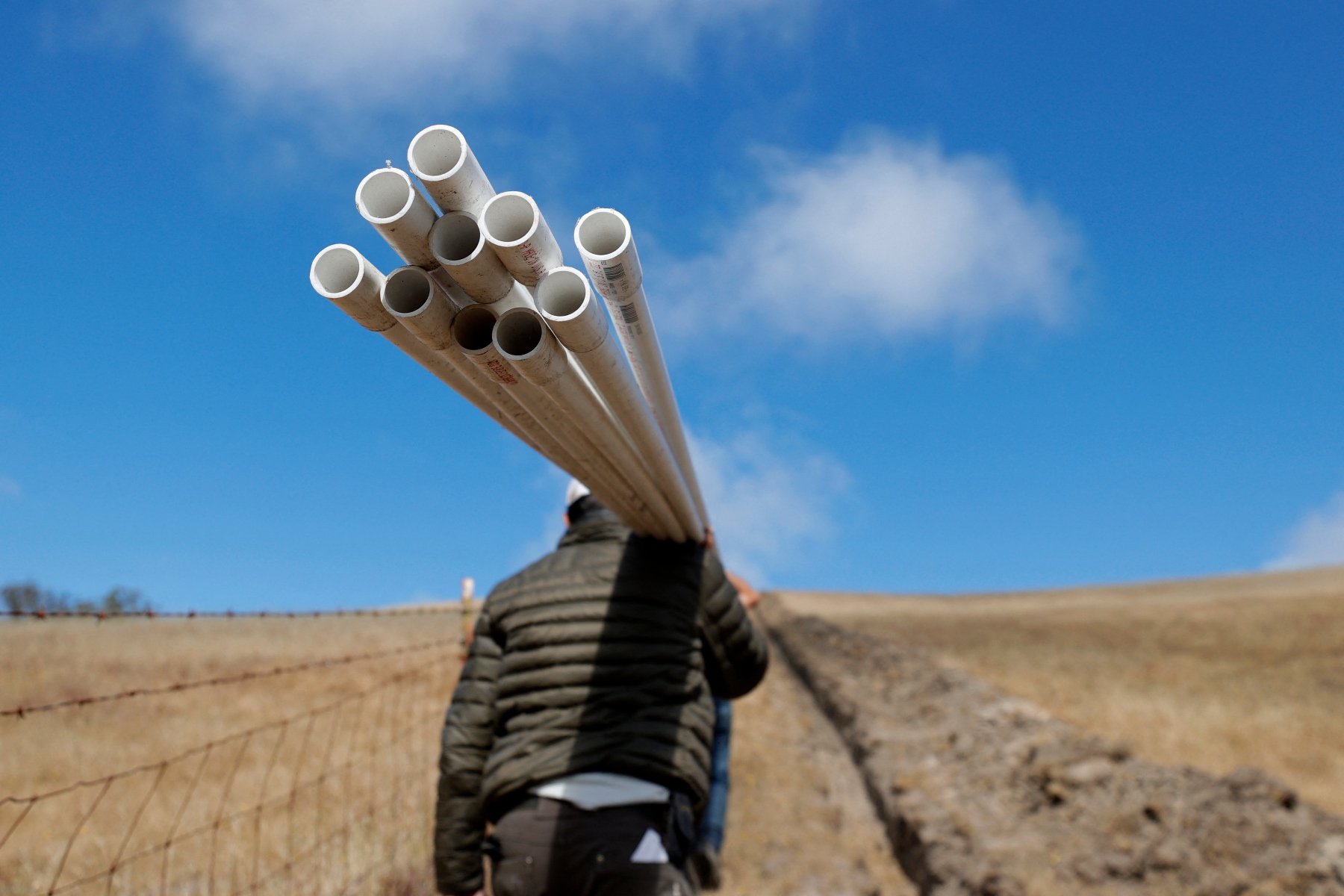
Universities with low acceptance rates have always fascinated students, academics, and the public. This is because institutions like Harvard, Oxford, Stanford, and Cambridge don’t just have acceptance rates in the single digits for the fun of it — as the world’s top schools, they maintain a rigorous selection process. Being admitted to one of these universities can open the door to a bright future, thanks to the rigorous academic curriculums they offer as well as a powerful alumni network — some of whom include Pulitzer Prize winners.
When you think of top universities, what comes to mind is big campuses, sprawling football fields, and state-of-the-art buildings – not a cattle ranch. Believe it or not, there is a cattle ranch located forty miles from Bishop, California, that gets around 300 applications each year, but admits only 14 students. Here’s what you need to know about this one-of-a-kind institute called Deep Springs College.

Deep Springs College doesn’t just produce Pulitzer Prize winners, it also fosters a deep sense of responsibility in all of its students. Source: Leigh Vogel/AFP
It was built by a tycoon who wanted to staff his company
The college was founded by electricity tycoon and philanthropist L.L. Nunn. He realised the importance of electricity usage for mining, and began a venture that required him to build and take over power plants all across the US, Canada, and Mexico. He needed bright young men to man these plants, so he began recruiting them so that they could receive extensive training – for free – before they take on leadership roles in his company.
Each “student” received a unique in-house education system that required both labour and coursework before being given scholarships to continue their education at elite universities like Cornell University. Soon after, education became a priority to Nunn who wanted to build a college that would prepare students for a “life of service to humanity.” Deep Springs College admitted its first class of 20 students in 1917.
It is a two-year programme
Deep Springs College is a unique institution of higher learning. Its educational programme is built upon three pillars: academics, student self-governance, and manual labour. Each student receives a full ride scholarship; the college covers the costs of tuition, room, and board for every student offered admission.
Many outstanding colleges started adopting the “microcollege” model – any form of concentrated post-secondary education – started by Deep Springs College such as Tideline Institute and Outer Coast. Despite the differences in location, curriculum, and goals, all schools share the same vision Nunn did, which was to revitalise higher education outside and produce graduates that are well-rounded and independent
There are no majors
As only 12 to 15 students are admitted each academic year, all students are expected to bring a high level of preparation and engagement to their classes, which are generally constructed around seminar-style discussion.
However, there is a catch. Unlike most US universities, Deep Springs College has no majors. Most students take two to three classes per semester, choosing from offerings in fields such as the humanities, social sciences, natural sciences and the arts. Some of the modules recently offered include Conservation Science, Aristotle’s Ethics, Painting, Mathematics in Political Life, The Modern Essay, Race and Education, Magical Realism, War and Peace in the Congo, and The Poetry of Emily Dickinson.
After completing Deep Springs’s two-year programme, most students transfer to four-year institutions to complete their bachelor’s degrees. Students receive support and guidance throughout the transfer process, and many go on to attend famous institutions like Yale University, Brown University, and the University of Chicago.

Students are required to operate a cattle ranch in the middle of nowhere, to prepare them for a “life of service to mankind.” Source: Justin Sullivan/AFP
Students are subject to manual labour
In addition to their course load, each student at Deep Springs works approximately 20 hours a week on a fully-operational cattle ranch. Students are expected to do everything from milking cows, to irrigating the 155-acre alfalfa farm, to cooking meals and cleaning the community’s dishes three times a day.
Deep Springs students switch labour positions every two to four months, so that every one of them will learn how to be useful on a farm. Most students switch labour positions every two months, though some positions require a four month commitment. Work however, is not conducted in exchange for the scholarship, but rather, it allows students to contemplate their role in a community. Students will learn how to work hard, be independent, and foster a sense of ownership and responsibility.
The students govern the college
The Student Body is responsible for many aspects of running the College, from admitting students, to hiring faculty, and even reviewing student and faculty performance – something not possible at traditional institutions. The Student Body exists as a discrete, self-governing entity within the College, tasked with governing itself and working with the staff and faculty in the day-to-day operation of the college.
Students elected into positions of leadership within the Student Body convene at least once a week to deliberate and take action on issues concerning community life, labour, academic planning, disciplinary matters, election of student office holders, and more.

If you aspire to be the next Hilary Clinton, it is worth the hassle to apply to a competitive university and receive top-notch education. Source: Michael loccisano/AFP
It has a distinguished alumni
Perhaps the most telling evidence of a world-class institution is its ability to produce stellar graduates. For example, Oxford University was where one of the English language’s most influential writers – J. R. R. Tolkien – graduated. Hilary Clinton was one of 27 women out of a class of 235 law students to graduate Yale University.
Just like these notable universities, many of Deep Springs College graduates have gone on to achieve success in life. The college boasts distinguished alumni; Raymond Jeanloz, a geophysicist and MacArthur fellow, journalists Philip Kennicot and Zachary Mider – both of whom are Pulitzer Prize winners, Andy Kim, a US Congressman, and Michael Putney, an Emmy award-winning television reporter.










